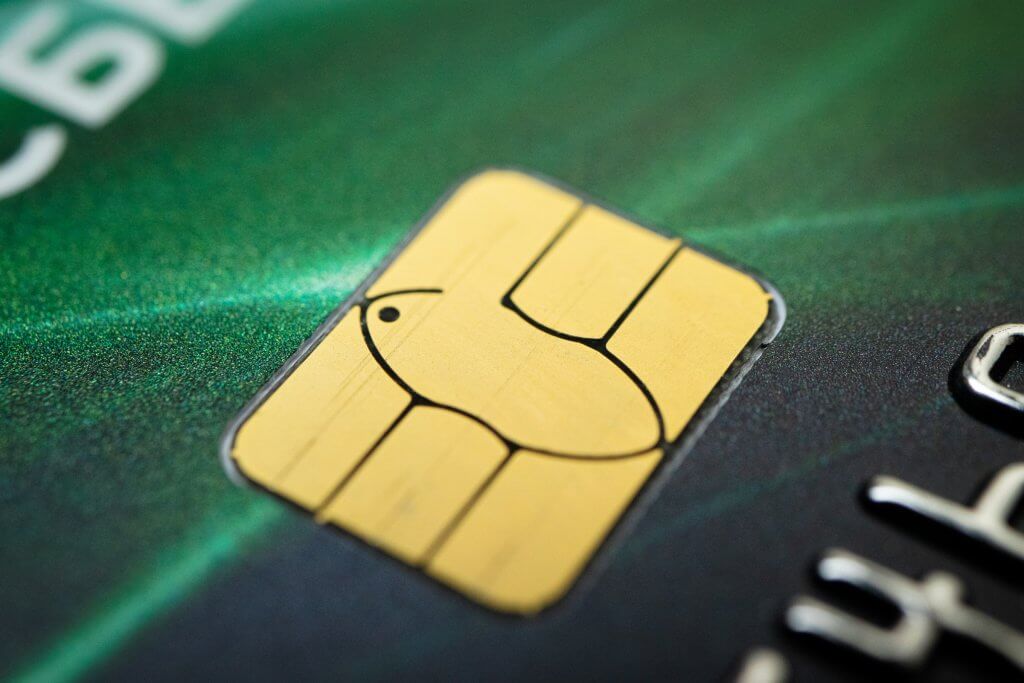
What Happens If You Maxed Out Your Credit Card?
It can be a stressful situation if you maxed out a credit card, with financial implications that can impact your credit score and overall financial well-being.
Here are some examples of how credit cards could be maxed out, and the road to it being bumpy.
Before the recent NSW elections, then-Premier Dominic Perrottet revealed that he and his family used to rent the house they now live in. To make enough money for a deposit, he and wife Helen were forced to save up and maxed out all credit cards they had.
In June 2023, Aussie model-influencer Indy Clinton took her husband’s credit card and swiped it to the max at a Sydney casino. The reason: she found photos of her husband at a strip club when he already stated he was out on a business trip.
The specific consequences of maxing out your credit card can vary depending on the terms and conditions of your credit card issuer and the agreements you have with them.
The Effects of Maxing Out Your Credit Card
Maxing out your credit card limit can have several negative consequences, such as some of these key effects to be aware of.
High Credit Utilisation Ratio
A maxed out credit card means that you are utilising the full available credit limit. This results in a high credit utilisation ratio, which is the percentage of available credit that you are currently using. A high credit utilisation ratio can negatively impact your credit score, as it suggests a higher risk of being unable to manage your debts responsibly.
Increased Interest Charges
When you maxed out your credit card, any additional purchases or charges accrue interest on the outstanding balance. The higher the balance, the more interest you will be paying, which can lead to a cycle of debt and make it harder to pay off the card.
Limited Available Credit
Maxing out your credit card leaves you with little or no available credit for emergencies or unexpected expenses. This can leave you financially vulnerable and reliant on other forms of borrowing, such as loans or payday advances, which may have higher interest rates.
Strategies to Pay Off a Maxed out Credit Card
Dealing with a maxed out credit card requires a proactive approach. By implementing these strategies and adopting responsible financial habits, you can regain control of your finances and set yourself on a path towards a healthier financial future.
Create a Budget
Start by assessing your income and expenses to create a realistic budget. Identify areas where you can cut back on spending and allocate more funds towards paying off your credit card debt. By including debt repayment in your budget, you can make consistent progress towards reducing your balance.
Prioritise Payments
Focus on paying off your maxed out credit card before making additional purchases or using other credit cards. Prioritise making larger payments towards the maxed out card to reduce the principal balance and minimise interest charges.
Pay More Than the Minimum
Paying only the minimum required payment will prolong the time it takes to pay off your credit card debt and result in additional interest charges. Whenever possible, pay more than the minimum payment to accelerate the debt repayment process and save on interest.
Snowball or Avalanche Method
Two popular debt repayment strategies are the snowball method and the avalanche method.
With the snowball method, you focus on paying off the smallest debt first while making minimum payments on other debts. Once the smallest debt is paid off, you move on to the next smallest debt. The avalanche method involves sorting out debts with the highest interest rates first.
Choose the method that aligns best with your financial situation and preferences.
Balance Transfer
If you have a good credit score, you may be eligible for a balance transfer credit card with a lower interest rate or a promotional 0% APR for a specific period. Transferring your maxed out credit card balance to a card with lower interest can save you money on interest charges and make it easier to pay off the debt.
However, be mindful of balance transfer fees and ensure you can pay off the balance before the promotional period ends.
Debt Consolidation
Debt consolidation involves combining multiple debts into a single loan with a lower interest rate. This can simplify your debt repayment by having only one monthly payment.
Evaluate the terms and fees associated with debt consolidation carefully to ensure it is a cost-effective option for your specific situation.
Negotiate with Creditors
If you’re struggling to make payments on your maxed out credit card, don’t hesitate to reach out to your creditors. Explain your situation and explore the possibility of negotiating a lower interest rate or a more manageable repayment plan. Creditors may be willing to work with you to find a solution that allows you to pay off the debt while minimising the financial strain.
Increase Your Income
Explore additional income streams to accelerate your debt repayment. This could involve taking on a part-time job, freelancing, or selling unused items. The extra income can be allocated directly towards paying off your maxed out credit card, helping you reach your goal faster.
Repair Your Credit Score
As you work towards paying off your maxed out credit card, it’s important to focus on rebuilding your credit score. Consider these steps:
- Make timely payments for all your debts, including your maxed out credit card. Payment history has a significant impact on your credit score, and consistently paying on time demonstrates responsible financial behaviour.
- As you pay down your maxed out credit card, aim to reduce your credit utilisation ratio. By keeping your credit utilisation below 30 percent of your available credit, you can positively impact your credit score over time.
- Regularly review your credit report to ensure accuracy and identify any discrepancies or errors. Reporting inaccuracies to credit bureaus can help maintain an accurate credit profile.
- Have a diverse credit portfolio, including different types of credit such as credit cards, loans, or a mortgage, to positively impact your credit score. However, it’s important to manage these accounts responsibly and avoid excessive borrowing.
- Rebuilding your credit score takes time and patience. Stay committed to responsible financial habits, pay your bills on time, and reduce your debt load. With consistency and perseverance, you can gradually improve your creditworthiness.
Seek Professional Help
If you find it challenging to manage your maxed out credit card debt on your own, seek assistance from a reputable credit counselling agency. They can provide guidance, develop a personalised debt management plan, and negotiate with creditors on your behalf.
Utilise Financial Management Apps
Take advantage of financial management apps and tools such as UBOMI to track your expenses, monitor your debt repayment progress, and stay organised. These apps can provide insights into your spending habits, help you set financial goals, and send reminders for upcoming payments.
Maxing out a credit card can lead to financial stress and have negative consequences for your credit score. However, by implementing effective strategies, you can pay off your maxed out credit card and regain control of your finances.
It’s vital to adopt responsible financial habits and monitor your credit score as you work towards repairing it. With persistence and dedication, you can achieve a healthier financial future and avoid future credit card debt traps.
Why not streamline your bills, finance, and subscription with UMONEY — your own personal command centre from UBOMI!
If you liked our “What Happens If You Maxed Out Your Credit Card?” and find it useful, check our blogs regularly for more information to get updates on UBOMI’s money planner app.
DISCLAIMER: This article is for informational purposes only and does not constitute official financial advice. UBOMI has no relationships with any company mentioned in the article. Please consult a financial advisor and credit counsellor for your solutions.




